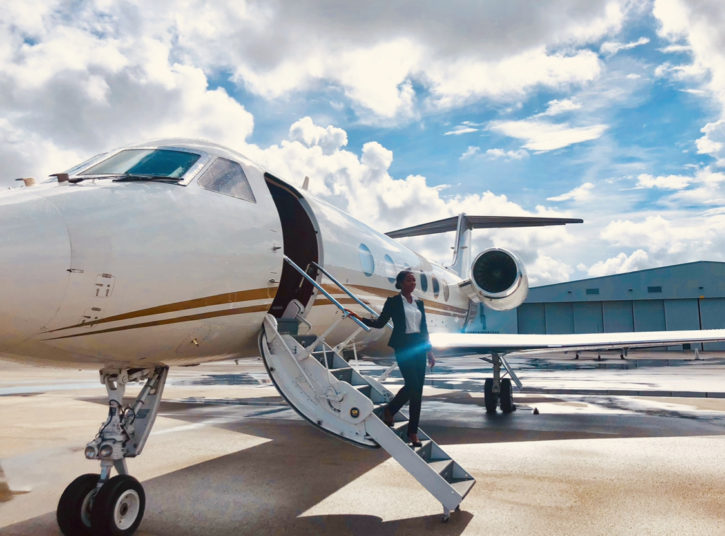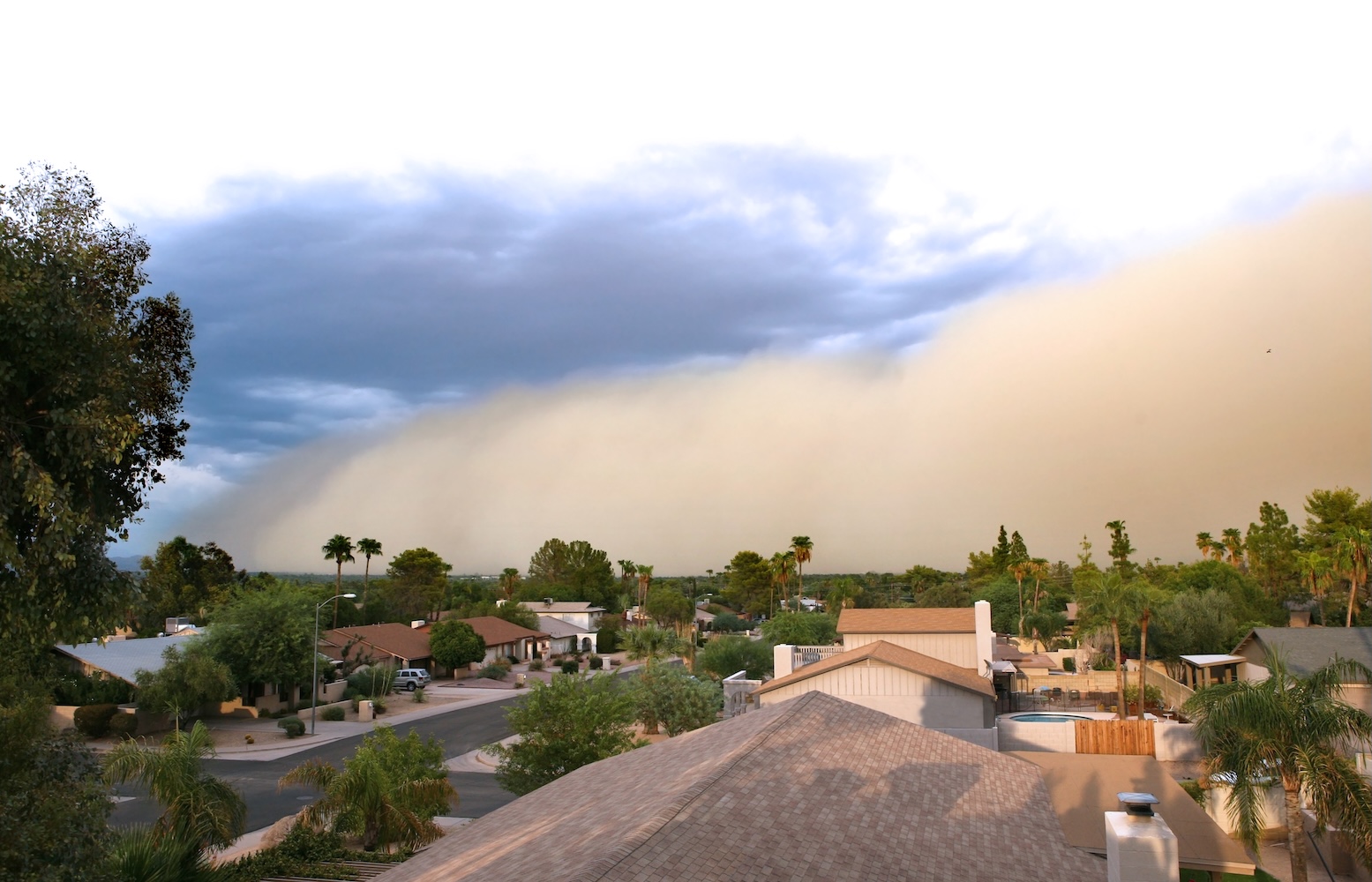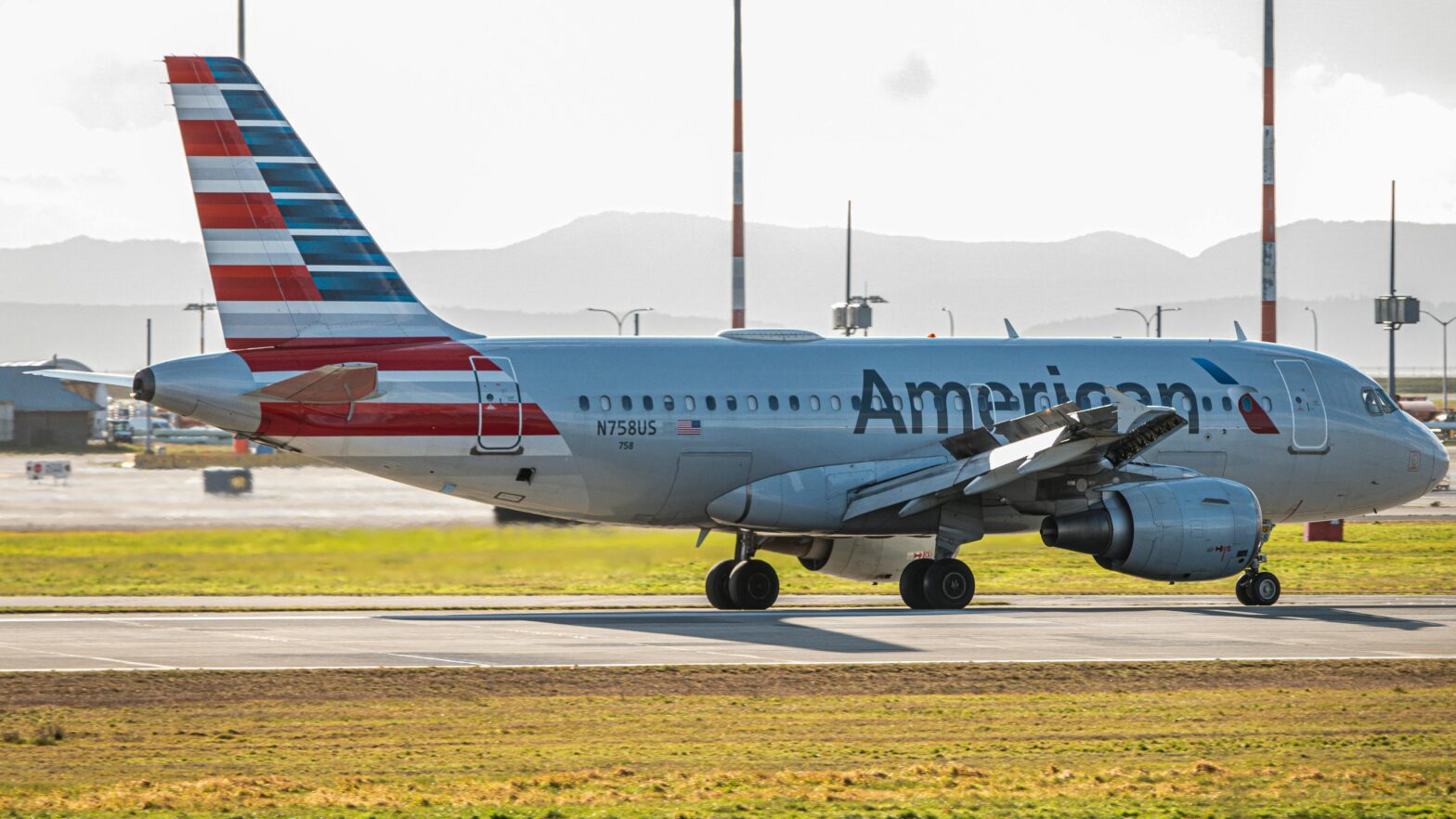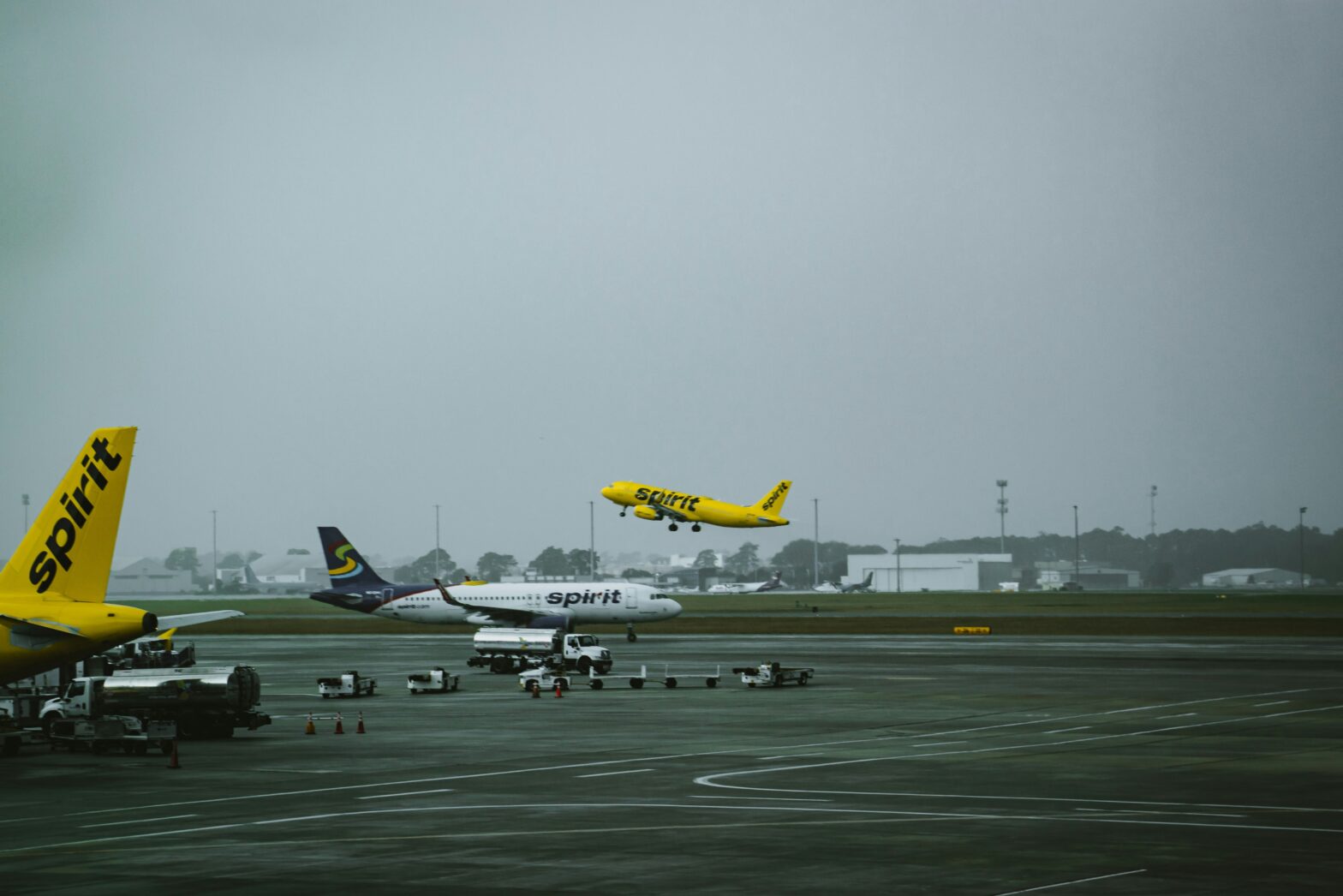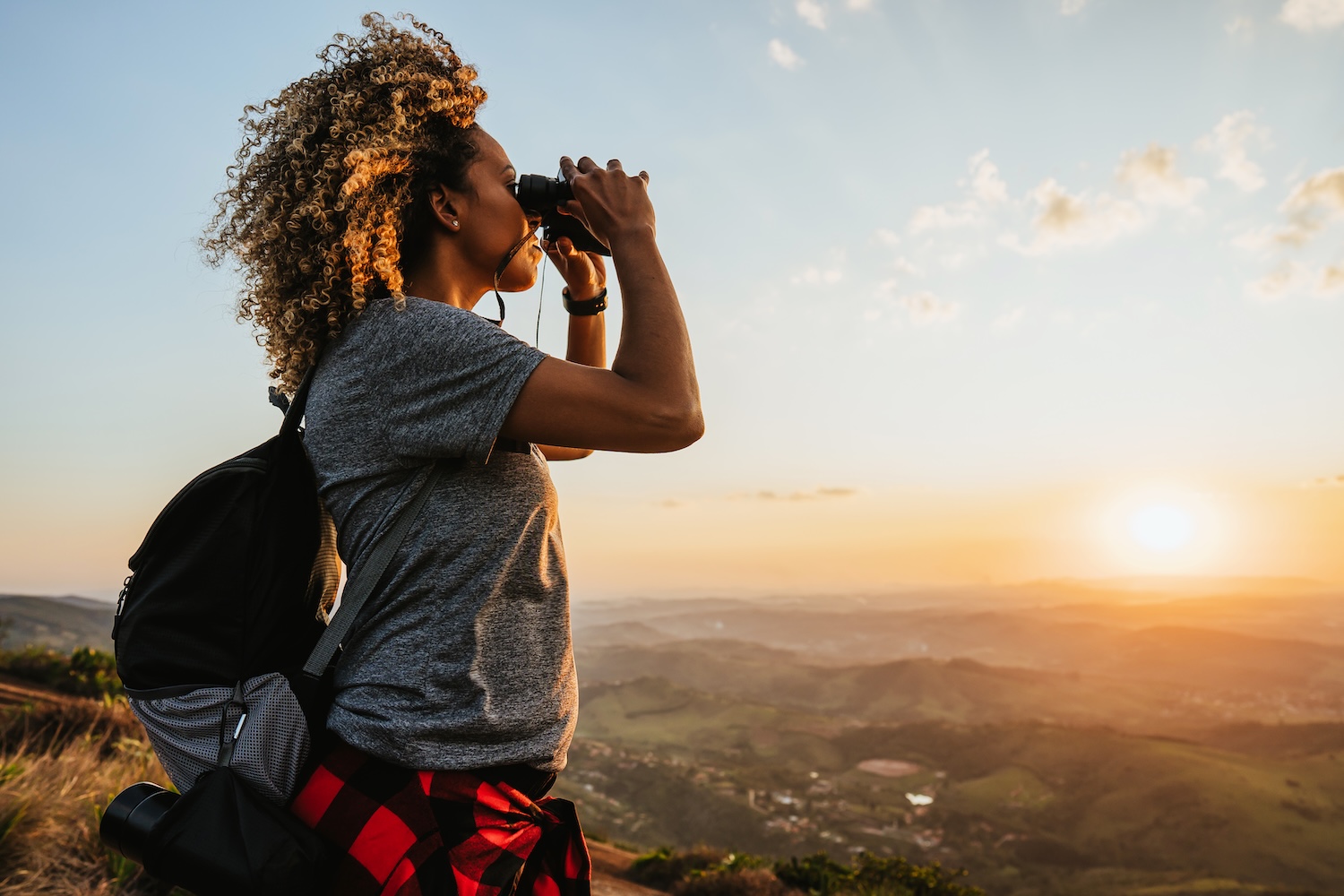Trinidadian-American Ayanna Henry was working in luxury management when she decided to quit her job in 2016 to pursue her love of travel. Someone suggested becoming a flight attendant, but Henry was reluctant to go that route until she realized some of her skills were transferable to private aviation.
“I used to work with high profile clients at my management job. So they’re like, ‘why don’t you work for private jets?,'” Henry recalled about the transition. “I guess the stars were aligned for me because I taught myself a lot, took the course and within four months landed a job with one of the top private jet companies.”
The Miami native is now a corporate flight attendant. Her employer VistaJet paid for all her training including culinary, wine, and sommelier courses. One thing they do have in common with commercial flight attendants is safety as the number one priority.
Flight safety training included simulations of real-life situations. The education is rigorous enough that novices to the industry have a legitimate chance to enter the field.
“I had no experience,” Henry shared with Travel Noire. “I was told off the record that I got the job because of my personality and because of my critical thinking skills, because, unlike commercial flight attendants, we are the only flight attendant on the plane unless passengers request more than one flight attendant, which sometimes they request if it’s a large passenger count. But you have to be able to think on your feet and you have to be able to solve problems very quickly because these people are paying a lot of money.”
A Day in The Life of A CFA
In aviation terms, Part 91 refers to owner planes which means that the same passengers or those associated with a company are being flown regularly. Part 135 refers to charters; a plane operated by a company that sells trips individually. Henry works for a charter and according to her, no two days are alike.
“I work two weeks on, two weeks off and wherever the plane goes I go. Every day is different depending on the passenger. There are some days where I do absolutely nothing and then there are some days where I’m the assistant, I’m the nanny, I’m the chef, and I’m the bartender. I am everything you can imagine. You might have a passenger that wants a specific type of handsoap so I have to go get that handsoap. We take care of the catering orders.”
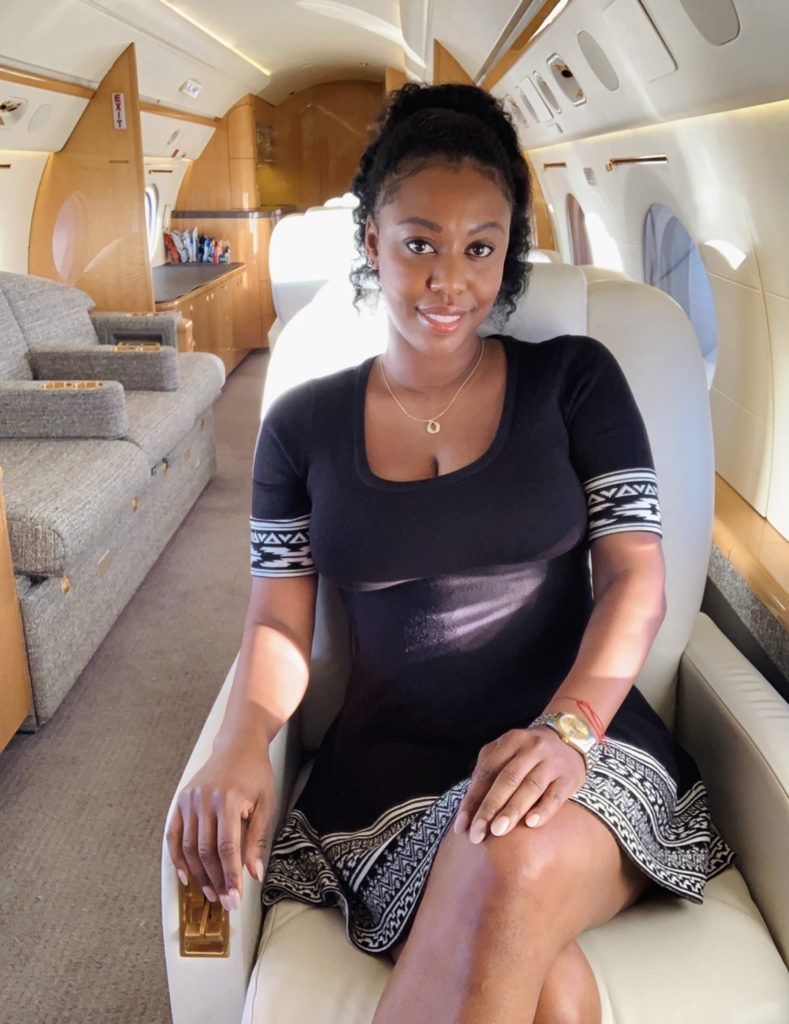
Unless it’s assembling a charcuterie board or making a crudité platter, Henry doesn’t cook anything on board for health and safety precautions. A day typically starts with getting the trip, coordinating the meet-up time with the pilots, and reviewing special requirements.
“If we are flying a celebrity there’s a rider,” Henry explained. “We might have to get this person her M&Ms or you might have to get this person their Cheetos. You go through the rider or the client profile, and you make sure that there’s everything they want. We place the order, go into the cabin and make sure the cabin is good. Pre-COVID-19 we were doing a lot of welcome tables.”
Cabin prep might include adding some coloring books if children are among the passengers but as far as decor, Henry likes to keep it simple and chic. From there, service is more upscale than a traditional flight and Henry likens the experience to “a fancier first class.”
“I introduce myself, I talk to them, and I’ve actually made a lot of connections because we spend so much time with these people. A lot of them start to ask you questions and try to find out what you’re like because they’re spending so much time with you. From there, if they have a meal service I always ask them ‘how would you like me to do your meal service? Would you like it as soon as we’re at 10,000 feet or would you like it in an hour?’ This depends on the time of the trip and then I go from there.”
Difficult passengers are part of the job but Henry refuses to get flustered in challenging situations. She leans on her training and naturally organized nature to get through the rough patches. Honesty also comes in handy.
“If the caterer made a mistake I tell the passenger. I apologize and say the caterers forgot to include the caviar but I do have this and this, and I’ll be I’ll accommodate you that way.”
Leveling the Playing Field
Henry acknowledges the lack of diversity in private aviation. She would love to see more Black pilots and corporate flight attendants in the industry. It would also help to start fostering a culture of inclusion and dispel harmful narratives surrounding the Black community.
“There’s not a large percentage of Black individuals in this profession. A lot of the pilots are older and conservative. And I hate to say it, but I find myself constantly in a state of hearing microaggressions and ignorance. I keep quiet for the most part. But even this past rotation, I had to have a conversation with pilots who believe that Black people got into colleges with lower test scores than their white counterparts. I was like, ‘What? That is absolutely false. Where’s the proof?’ They couldn’t provide me any articles or anything. So for me, the most difficult part is when you have bad pilots because most of the time you’re with the same pilots.”
There is good money in private aviation, however, and better perks than those in commercial aviation.
“I would say if you’re going to a charter company starting pay should not be under 60,000 and that’s the minimum. Always ask for more but with the pilots they make well over that. We do get tips and the tips are good. If you’re good at what you do then you’ll have a lot of success in here and if I had a word for any young Black woman who wants to be a corporate flight attendant, I would say find a company that works with you and finds a schedule that works with you. Don’t settle. Come into it with a positive attitude. There’s no success with a negative mindset. You have to be solution conscious. You have to be someone who is quick and has personality. I know a lot of times people think you have to be gorgeous. That’s the negative connotation that comes with this. Be fine. Get your hair together and everything. But make sure your mind matches what people are seeing on the outside.”
The Perks of Private Aviation
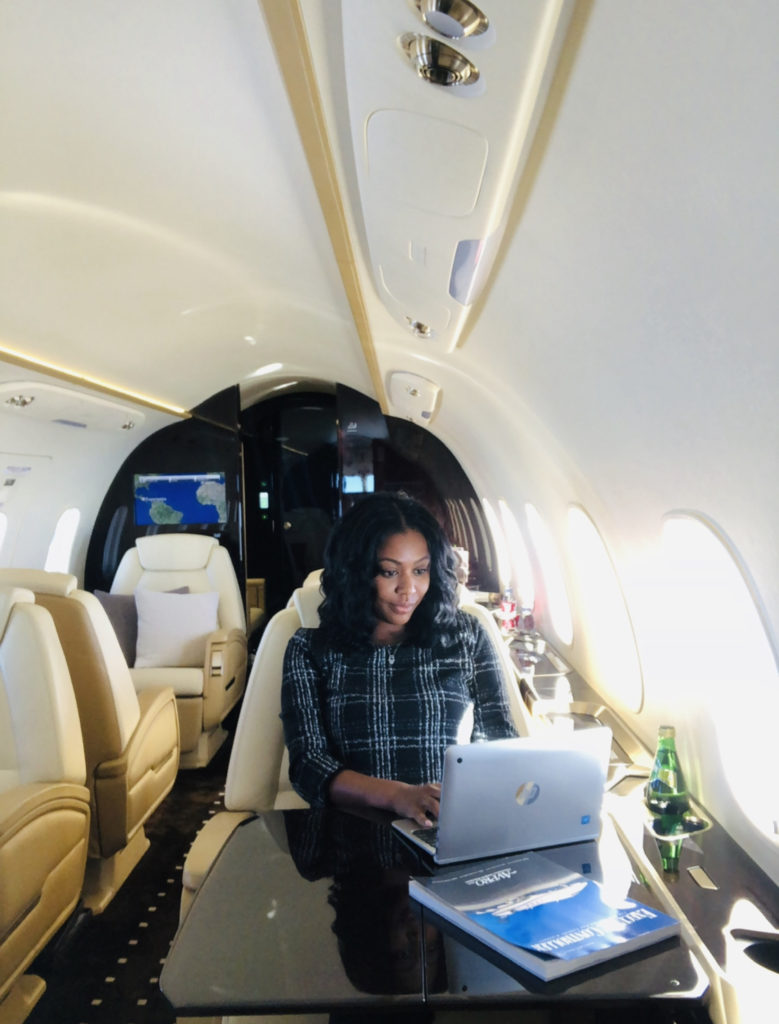
Discretion is a major part of her work and non-disclosure agreements are the standard. Henry stressed the importance of keeping your personal feelings separate from your work. Even when one of your favorite athletes comes aboard your flight. Henry loves basketball and had an encounter that fans dream of when she worked a flight for NBA superstar guard Kyrie Irving. They say never meet your heroes lest they disappoint you but this was on the upside of celebrity interactions.
“I didn’t tell him [about her fandom] because I leave my personal at the door. So he had no idea I was into basketball. I gave him the same service I give all my passengers and he turned out to be really cool.”
Catering to the elite does come with some rewards. Henry has been fortunate enough to travel and enjoy some downtime — all expenses paid — in some of her dream destinations. Tokyo, Hong Kong, and multiple European countries have all been checked off her bucket list thanks to work.
“I had a week in Hawaii in Honolulu last year. It was amazing because I had been to other Hawaiian Islands, but I had never spent time in Honolulu. So I had a week off there. It just depends because with charter if someone wants to book the jet then you have to leave. But if not, you stay wherever the plane is. And you have the time. You can go out and sightsee and do things.”
Planning for the Future
As much as she loves the job that has afforded her the opportunity to meet some of her favorite celebrities and travel to the most luxurious locations in the world, Henry admits that life above 30,000 feet has been taxing mentally and physically.
“My goal in life has always been to be an entrepreneur and be done at 40 because I’m still young enough to live,” Henry revealed. “I like what I’m doing now, but I do not see myself doing it forever. I’m not going to be one of the older CFAs because even though I enjoy it, I understand what it’s doing to my body. My mental health and physical health are more important because we do have busy times when you’re flying here one day, you’re flying there the next day, you get one day off then you’re flying again the next day, and you fly for three more days. I don’t think I could have it in me for more than probably another two years. I’m kind of setting up my company that I started in 2015, and slowly setting that up to just take care of me once I’m ready to dip out.”
To learn more, follow Ayanna as she navigates life as a CFA on Instagram.
